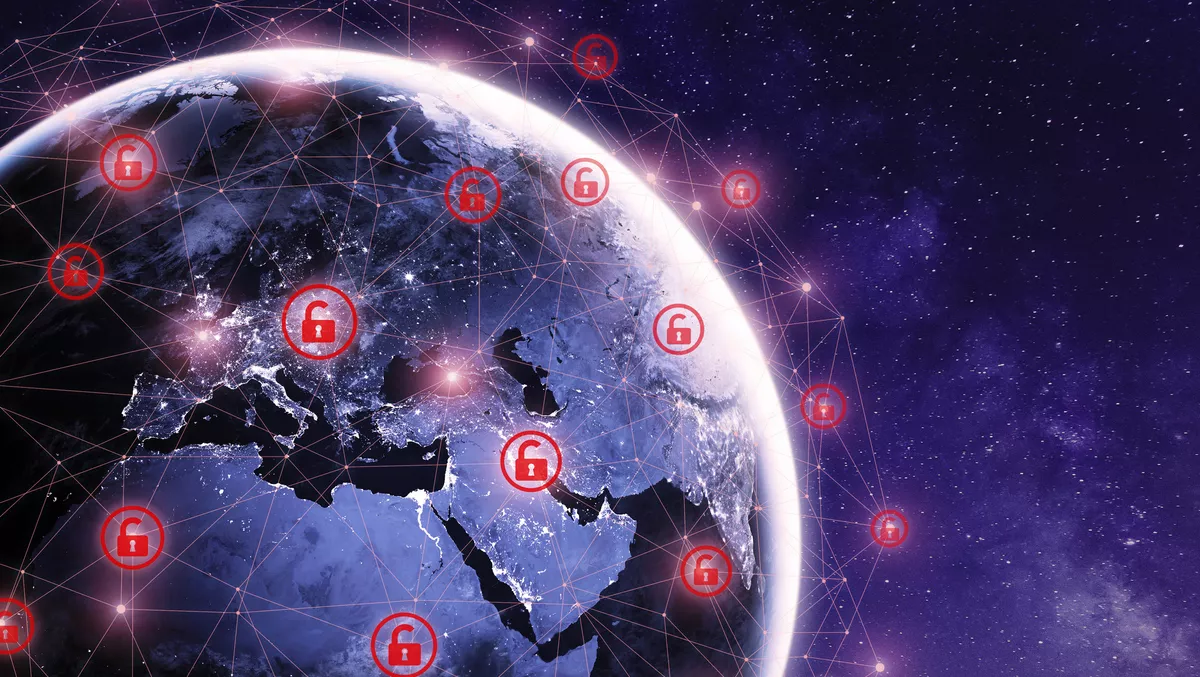
Acceleration of digital tools in COVID-19 pandemic increased risk of cyber crime
The acceleration of digital tools in the pandemic has increased the risk of cyber crime, according to Sridhar Iyengar, managing director for Zoho Europe.
The recent World Economic Forum Global Risks Report 2022, which was published this week, contained several warnings about the state of data usage and prioritisation on cyber security in the following years to come.
The 17th edition of the Global Risks Report identifies tensions that will result from a divergent recovery. Rapidly and slowly recovering countries alike will need to navigate economic and societal gaps to restore social cohesion, boost employment and thrive.
The pandemic's cascading impacts are impeding the visibility of emerging challenges, including climate transition disorder, increased cyber vulnerabilities, greater barriers to international mobility, and crowding and competition in space. Global divisions risk deepening at a time when societies and the international community urgently need to collaborate to check COVID-19 and heal its scars.
Iyengar spoke on the complexity of data privacy, and how data can and should be used by businesses in response to consumer demands and industry regulations.
"Digital tool and online service usage decisions have become more complex in recent years following the rise of cyber crime, data privacy and adjunct surveillance," he says.
"The acceleration of digital tools in the pandemic has increased risk in these areas further. It is great to see these trends recognised as priority concerns by the World Economic Forum in its Global Risk Report, published this week and we welcome the amplification it creates around these issues."
Iyengar says it is imperative that businesses and consumers increase their awareness of these issues to tackle them accordingly.
"As detailed in the report, when it comes to data privacy, many businesses still perpetrate data harvesting tactics, directly or indirectly, by associating with third party applications that steal user information to sell-on illegally," he says.
"A small fraction of consumers are already becoming privy to this illicit activity, and businesses which use it not only risk breaking the law, but also risk a severely damaged reputation further down the line."
Iyengar says trust in technology is not just relevant to data usage policies either, and over the next few years we will see more consumers than ever before valuing trust as a key factor in deciding what technology and services they use.
"Trust must be built between organisations, staff and customers, and this can be achieved, in part, with a positive and transparent data usage policy," he says.
"Businesses that do rely on the support of external services must ensure they have a full understanding of the practices used on their web properties and ensure compliance with the law and their own ideals.
The World Economic Forum Global Risks Report 2022 was produced in partnership with Marsh McLennan, SK Group and Zurich Insurance Group.


